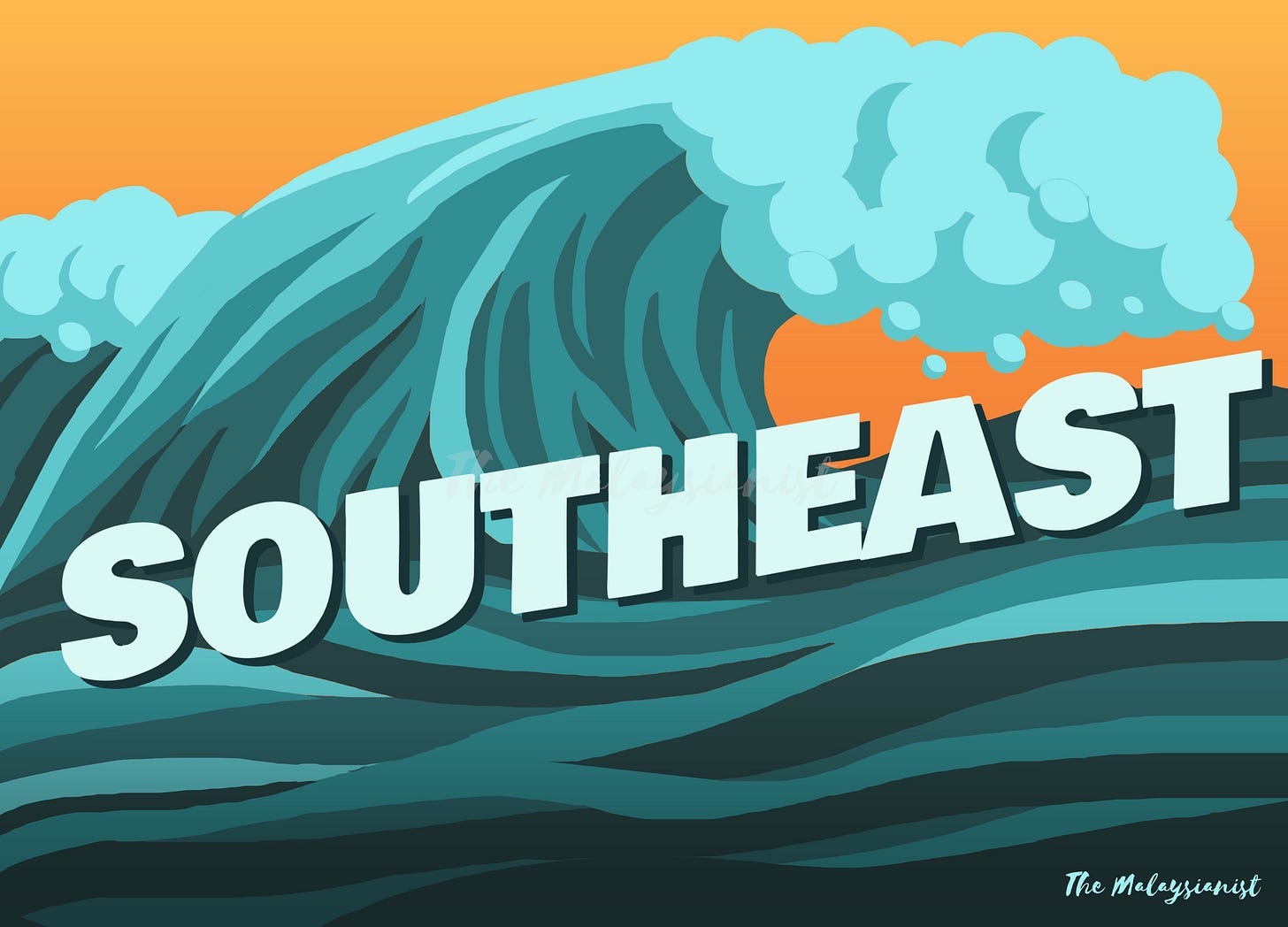Southeast #9: The last cukong standing
US$1.7 billion and the end of a patron-politician pact.
I was tempted to file this under the general Malaysia section, but since it has a regional flavour, I’ll park today’s newsletter under Southeast.
The next two newsletters will be back to Malaysia business and we do have quite a bit happening on that front, including updates for Backchannel, a VC/PE deals tracker.
That section debuted last Saturday 👇🏾
The Malaysianist runs on subscriptions. Fuel up with a monthly, annual or founding member plan.
P.S. The founding member tier doesn’t have a ceiling; you can go as high as you want — it’s the ultimate supporter badge.
And, yes, you can upgrade subscription tiers at any time.
Mulling a group purchase for family, friends and colleagues? I’ve got you. Group subscriptions come with discounts, too.
In the late 1960s, as Indonesia clawed out of Sukarno’s chaos, a young Malaysian trader named Robert Kuok aligned with the rising Suharto regime.
Like his peers — ethnic Chinese cukong1 funding Javanese strongmen — Kuok traded capital for concessions: tax breaks, land grants, and market access under Indonesia’s “new order” foreign investment law.
Kuok built flour mills, hotels, and, eventually, Wilmar International – the palm oil giant with a market capitalisation of approximately US$15 billion that ranks among the world’s largest processors and traders of the commodity.
This quid pro quo lasted Suharto’s 31-year rule, turning outsiders into kingmakers.
That era ended this year, following two ongoing court cases in two different countries.


